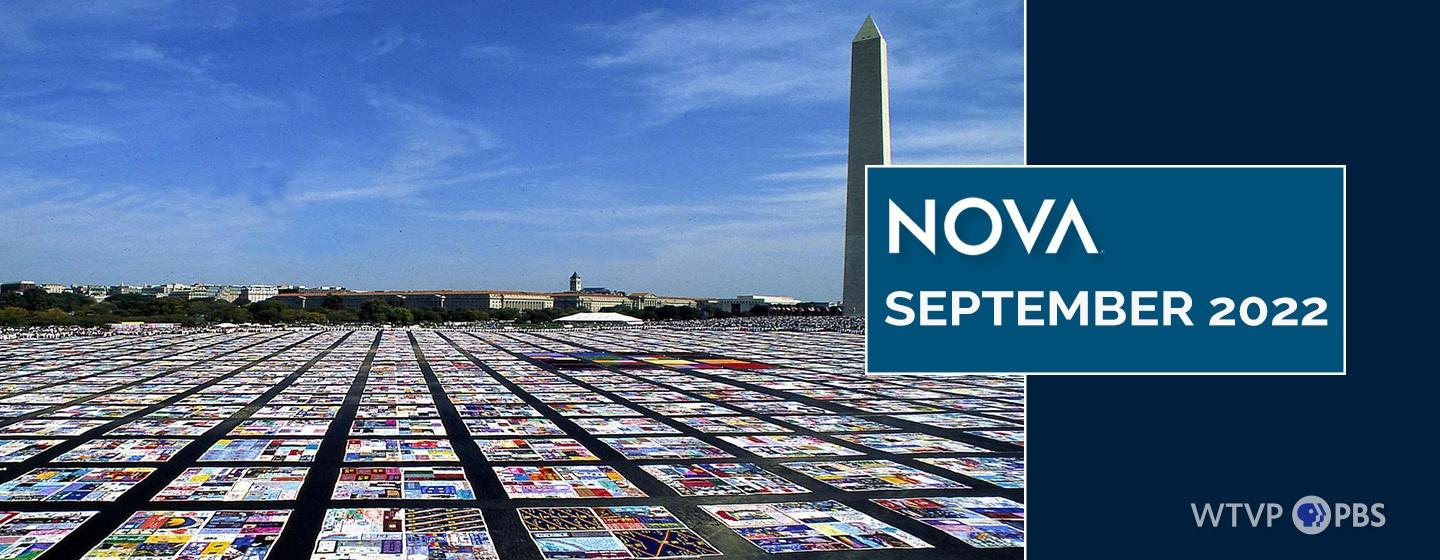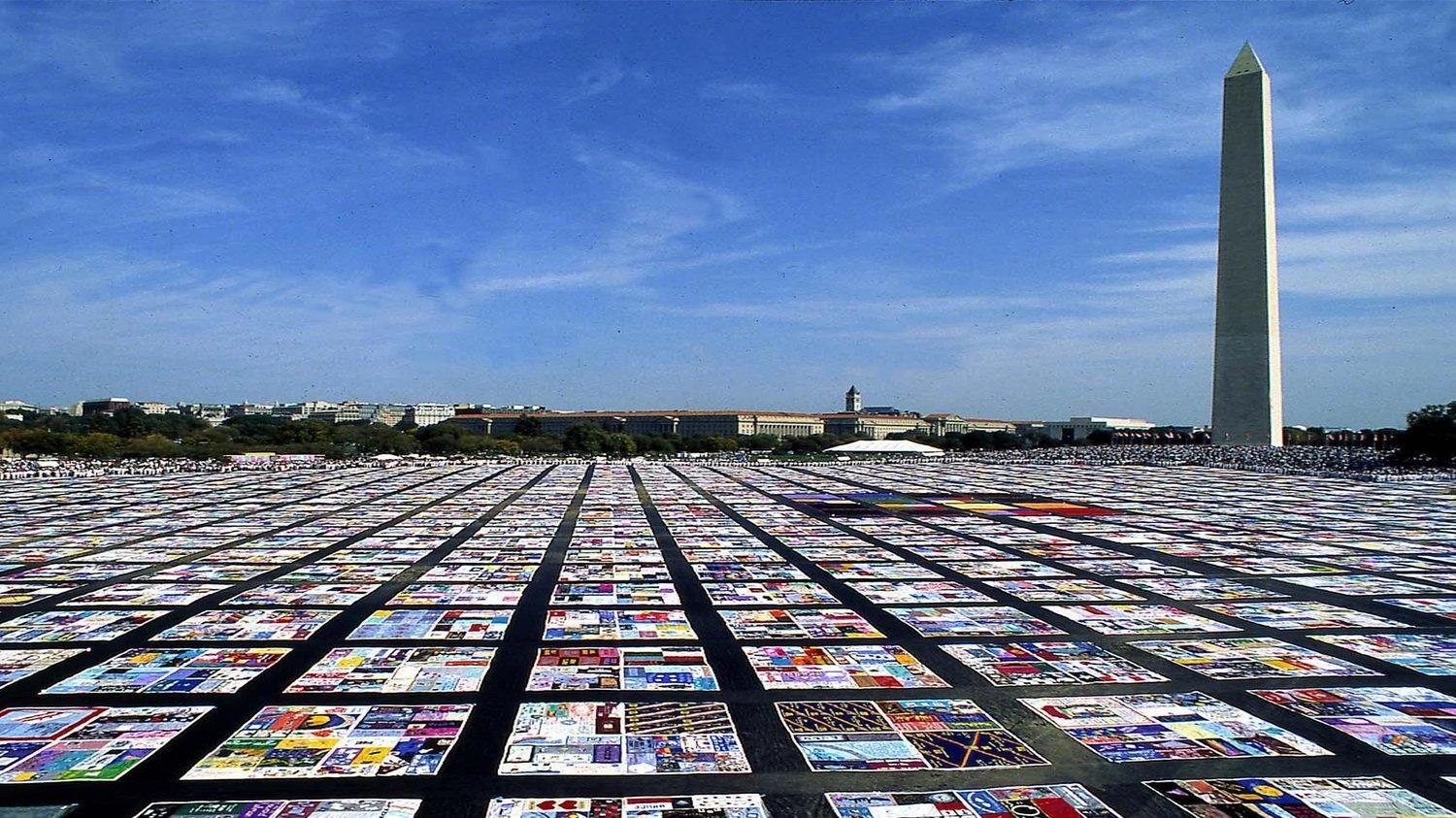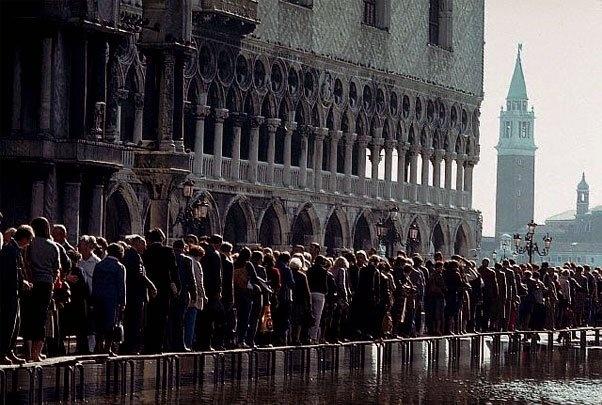NOVA | September 2022


The creation of printing, the first information technology, drove empires and revolutions.
Just as handwritten records changed how societies work, the printing press transformed the spread of information, igniting the Industrial Revolution. How did technologies — from pen to paper to printing press — make it all possible?
For animals in Mozambique’s Gorongosa National Park, the normal balance of competition and predation was upended when a war wiped out the top predators. The remaining animals didn’t simply grow in numbers — they began behaving in unusual ways, veering outside their typical territories and feeding patterns.
Can bringing predators — and fear — back into an ecosystem help restore its natural balance?

Almost 40 years after the discovery of HIV, could we be on the verge of ending the AIDS epidemic in America? As of 2019, there were only 34,000 new cases of the disease in the U.S. — a feat that once seemed near-impossible to achieve. How did scientists and the public health community tackle one of the most elusive deadly viruses to ever infect humans? Can innovative drugs bring new infections to zero? This is the story of incredible scientific achievement and the public health work that still needs to be done to end HIV in America.
Cuban scientists were forced to get creative when the U.S. trade embargo left Cuba isolated from medical resources. Now they’ve developed lung cancer vaccines that show so much promise, some Americans are defying the embargo and traveling to Cuba for treatment. In an unprecedented move, Cuban researchers are working with U.S. partners to make the medicines more widely available.
Can Cuba's innovative lung cancer vaccines give new hope to patients across the world?

Rising seas and sinking land threaten to destroy Venice. Can the city’s new hi-tech flood barrier save it? Discover the innovative projects and feats of engineering designed to stop this historic city from being lost to future generations.